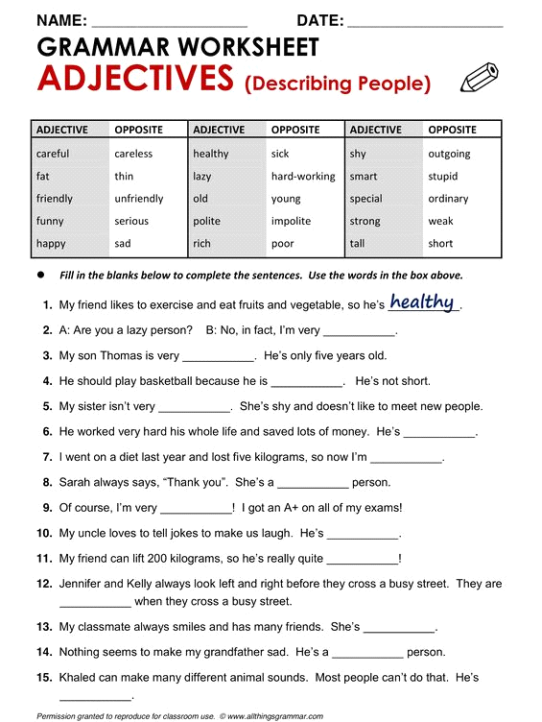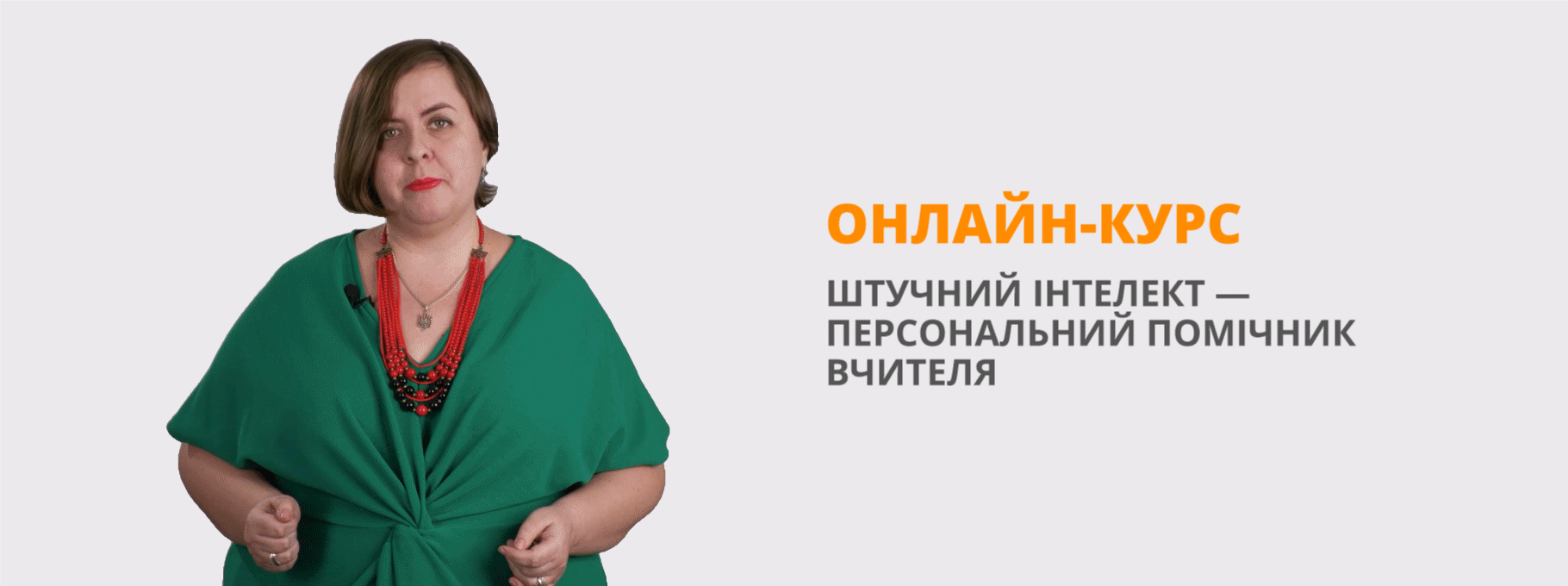Конспект уроку "Personality. Be used to"

The Plan of the Lesson
- The SUBJECT OF THE LESSON: “Personality. Be used to”
- The aims:
1)Practical:
- to teach the new vocabulary and idioms
- to give the knowledge of the grammatical form "be used to"
2)Educational:
- to develop pupils’ memory and attention
3)Cultural:
- to teach pupils how to behave properly with other people (especially older ones)
- Audio-visual aids:
- Word cards
- Pictures
- CD
The Procedure of the Lesson
I.Preliminaries.
-Good morning dear children! I’m glad to see you.
- Who is on duty today? Who is absent today?
- How is your mood?
II. Warm-up
Conversation
I have a task for you, please choose one piece of paper from the hat. There are red hearts, blue hearts and yellow ones, painted in the papers. Choose one and find the members of your team. You can see some words in the cut papers, join them together to get three proverbs.
Now, look on the blackboard, there are correct variants.
Never judge by appearance- Не одяг красить людину,а добрі діла.
Clothes do not make a man - По одягу зустрічають , а по розуму проводжають.
An ugly personality destroys a pretty face- Жахливий характер знищує гарне обличчя.
The team "Red hearts" - How do you understand the first proverb?
The team "Blue hearts" - Can you explain the second one?
The team "Yellow hearts" - What do you think about the last one?
III.Home-lesson checking.
- Let's check your dialogues that you should have done at home.
IV.New material presentation
Active vocabulary:
Polite – a person who behaves in a correct and friendly way with others.

Impolite – the opposite meaning of the word “polite”

Shy- a person that feels herself/himself uncomfortable in the company of people

Outgoing- very friendly and have a lot of friends.

Confident – a person that shows certainty about something

Smart – a clever person

Helpful – giving or ready to give help

A chatterbox- a person who likes to talk

The life and soul of the party – someone who is energetic and funny , at the center of any activites.

Grammar
Be used to
We use 'be used to + verb-ing' to talk about things which feel normal for us
I'm used to getting up early (= getting up early is normal for me, it's what I usually do)
My little daughter is used to eating lunch at noon.
Note that we make the negative or the question with the verb 'be' in the normal way. The 'used to' doesn't change:
Lucy isn't used to staying up late, so she's very tired today.
Are your children used to walking a lot?
V.Consolidation
1. Work in pairs. "Speaking"
Say some sentences to describe your classmate, using new words.
2. Grammar worksheet. (individual work)
I have another task for you, in this task you have a lot of words , you know many of them, and some of them you probably don’t know, but you can guess from the opposite meaning

3.EXERCISE (BE USED TO) Let's do it in chain fashion
Make sentences using ‘be used to + verb-ing’ or ‘be used to + noun / pronoun’. You need
to choose the correct tense:
1. I (live) in London, so the crowds don’t bother me.
_______________________________________________________________
2. She (the Tokyo subway) so she doesn’t get lost.
_______________________________________________________________
3. He (not / deal) with animals, so he’s a bit scared of the dogs.
_______________________________________________________________
4. John (drive) in heavy traffic.
_______________________________________________________________
5. I (wake) up in the night with my baby. I drink lots of coffee!
_______________________________________________________________
6. It was very hard to get up at five when I first started this job, because I (not / it).
_______________________________________________________________
7. She (drink) a lot of coffee, so she doesn’t have a problem with going to sleep
afterwards.
_______________________________________________________________
8. I’ve lived here in Hokkaido for three years but I (not / the snow).
_______________________________________________________________
9. He (do) a lot of exercise, so a ten-mile walk is easy for him.
_______________________________________________________________
10. Julie’s flat is in the centre of London. When she visits a friend in the countryside,
it’s difficult for her to sleep because she (not / the quiet).
____________________________________________________________
4. Speaking.
Dear children, I have mini-flashcards with phrases
You should make up a sentence with it using "be used to". It can be positive or negative.
eating ice cream in summer
playing football at the weekends
living in the city
watching films a lot
playing computer games after school
helping my mom at the kitchen
cleaning up my room
baking cakes
swimming a lot in summer
eating chocolate cookies
going for a walk on Saturday
VI.Relaxation period.
Snowball game (to practice adjectives)
One pupil says an adjective, another one repeats it and says another adjective, the third pupil repeats the previous 2 and says the next adjective.
VII.Home-work.
Write down your homework - to learn new words for the dictation
Make up a dialogue , rich of active vocabulary and grammar structure(be used to)
VIII.Evaluation.
I am extremely satisfied with your work today.
Ira, Olha, Misha , I am giving you 10.
Natalya - you should be more attentive, you get 9.


про публікацію авторської розробки
Додати розробку
